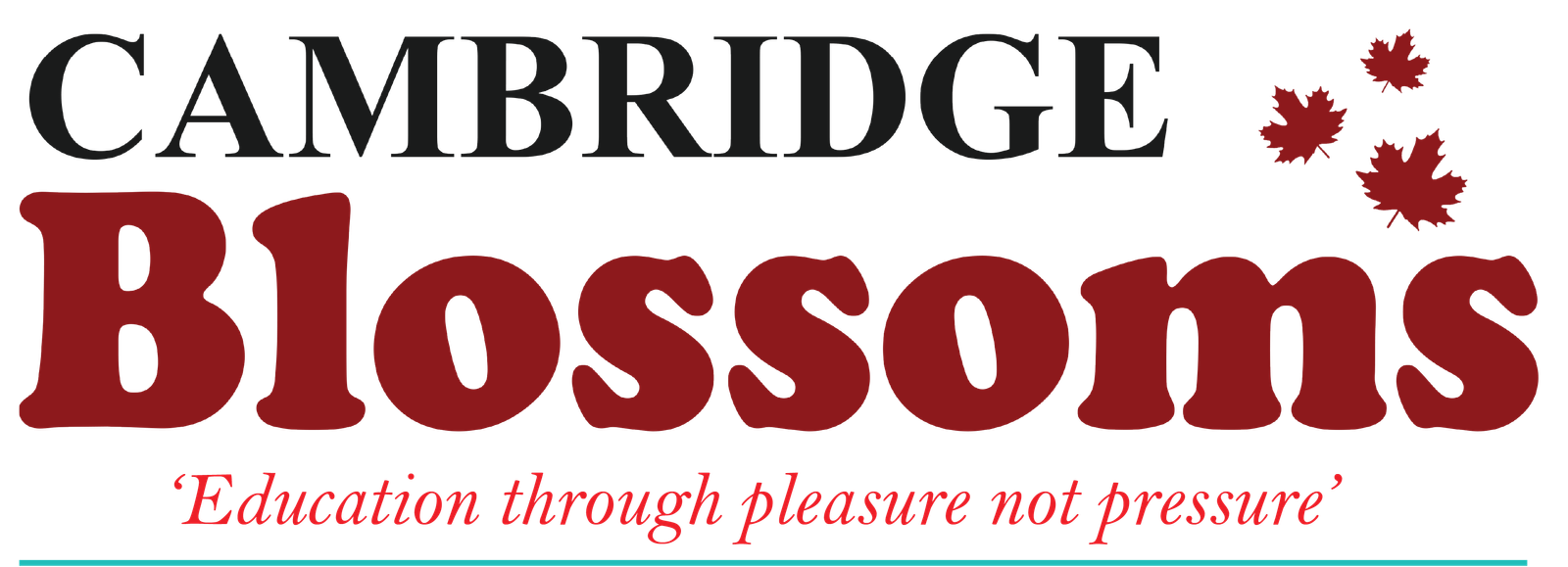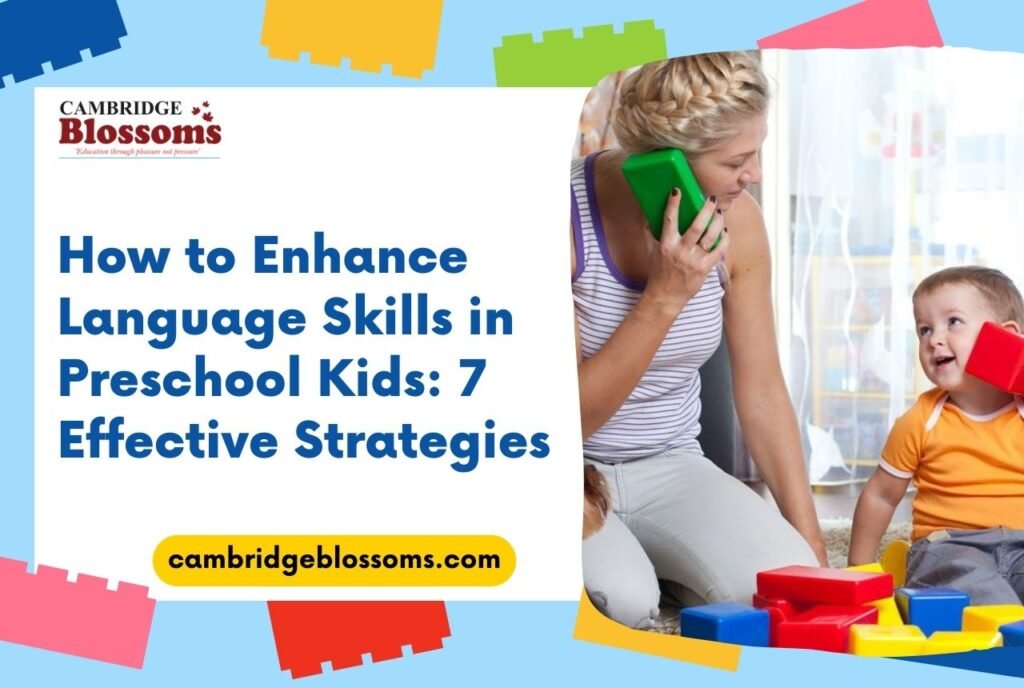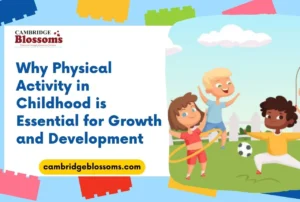How to enhance language skills in preschool kids is crucial for setting the foundation for communication, learning, and social interaction. Studies show that by the age of three, a child’s brain is already 80% developed, making these early years a critical period for language acquisition.
Preschoolers typically hit major language milestones such as forming complete sentences, expanding vocabulary to about 1,000 words, and engaging in storytelling. Strong language skills at this stage significantly influence future academic success, including reading comprehension, writing abilities, and even emotional intelligence.
This article focuses on how to enhance language skills in preschool kids by offering seven practical, enjoyable daily activities that parents and educators can easily incorporate into everyday routines.
Understanding How to Enhance Language Skills in Preschool Kids
The age range of 2 to 5 years marks the critical window for language acquisition. During this phase, children rapidly absorb sounds, words, grammar structures, and conversational patterns. Key components of language development include listening skills, speaking confidence, and a growing vocabulary. However, common challenges like speech delays, limited vocabulary, or difficulty following conversations can arise.
Consistent, playful practice is essential for building and refining these skills. Daily activities, when approached thoughtfully, offer numerous organic opportunities to support language learning.
Whether through storytelling, singing, or simple conversations, transforming everyday moments into language lessons is one of the most effective ways to nurture a child’s linguistic growth.
7 Effective Daily Activities to Boost Language Skills
1. Interactive Storytelling Sessions
Storytime is a golden opportunity to develop a preschooler’s language skills. Engaging storytelling techniques—such as using different voices, facial expressions, and gestures—make stories come alive. Asking open-ended questions like “What do you think happens next?” encourages critical thinking and conversation.
Choose age-appropriate books with vibrant illustrations and simple plots. Encourage children to predict story outcomes, retell events in their own words, and even invent alternative endings to stimulate language creativity.
2. Music and Rhythmic Activities
Songs and nursery rhymes are excellent for reinforcing vocabulary and syntax through rhythm and repetition. The melodic nature of music makes new words easier to remember. Incorporate action songs like “Head, Shoulders, Knees, and Toes” to link language with physical movement.
Creating personalized songs about daily routines like brushing teeth or getting dressed can make language practice even more meaningful and fun.
3. Conversation-Rich Mealtimes
Mealtimes are perfect for cultivating rich conversations. Encourage children to describe their food using sensory language—colors, textures, tastes, and smells. Engage in word games like “What’s on my plate?” or “Name something crunchy.”
Use meals as a chance to teach polite conversation skills, such as taking turns speaking, listening respectfully, and expressing gratitude.
4. Immersive Outdoor Language Exploration
Nature offers a dynamic setting for language learning. Take descriptive nature walks, encouraging children to talk about the sights, sounds, and smells they experience. Scavenger hunts with verbal clues can boost vocabulary and comprehension skills.
Simple playground games involving spatial words (like “under,” “over,” “around”) and action verbs (“jump,” “slide,” “climb”) also enhance language acquisition effortlessly.
5. Creative Arts and Language Expression
Art activities provide an excellent outlet for verbal expression. Encourage children to narrate what they are drawing or building. Puppet shows allow for dialogue practice and character voice exploration, while role-playing real-life scenarios like “grocery shopping” or “going to the doctor” strengthens conversational abilities.
Craft projects with verbal step-by-step instructions help integrate following directions with hands-on creativity.
6. Word-Enriching Games
Games like “I Spy” are fantastic for practicing descriptive language and enhancing vocabulary. Picture-word matching activities strengthen word-object associations, while memory games with verbal components improve cognitive and linguistic skills.
Choose age-appropriate board games that require speaking and listening to support a fun, interactive learning environment.
7. Technology-Assisted Language Learning
When used thoughtfully, technology can support language development. Select language learning apps designed for preschoolers in 2025, such as “Endless Alphabet” or “Monkey Preschool Lunchbox.” Interactive e-books with narration features can build vocabulary and comprehension.
Ensure screen time remains brief, guided, and complemented by plenty of face-to-face conversations and activities.
The Role of Preschools in Language Development
Structured preschool environments play a pivotal role in enhancing language skills.
Cambridge Blossoms, a leading preschool in Guwahati, stands out for its innovative, child-centric language curriculum. Their play-based approach incorporates storytelling, dramatization, and daily conversation circles to naturally build vocabulary and confidence.
Parents often praise Cambridge Blossoms for noticeable improvements in their children’s communication skills within a few months of enrollment.
Guwahati itself is emerging as a hub for quality early childhood education, where cultural diversity and a multilingual atmosphere offer children a rich linguistic environment. Preschools here increasingly emphasize not just English proficiency but also nurturing native and additional language skills, preparing children for a globally connected future.
Measuring Progress and Addressing Challenges
Tracking language development against age-appropriate milestones—such as sentence length, vocabulary size, and ability to follow directions—is essential. If concerns arise, early professional assessment can identify issues like speech delays or hearing problems.
Common hurdles like pronunciation difficulties or shyness can usually be addressed with patience, positive reinforcement, and supportive activities that make speaking enjoyable rather than stressful.
Conclusion: Enhancing Language Skills in Preschool Kids
Enhancing language skills in preschool kids requires creativity, consistency, and a nurturing approach.
By weaving language-building activities into daily routines, parents and educators can unlock a child’s full communication potential.
Early language mastery lays the groundwork for lifelong academic and social success—so let’s make the journey fun, engaging, and full of discovery!




